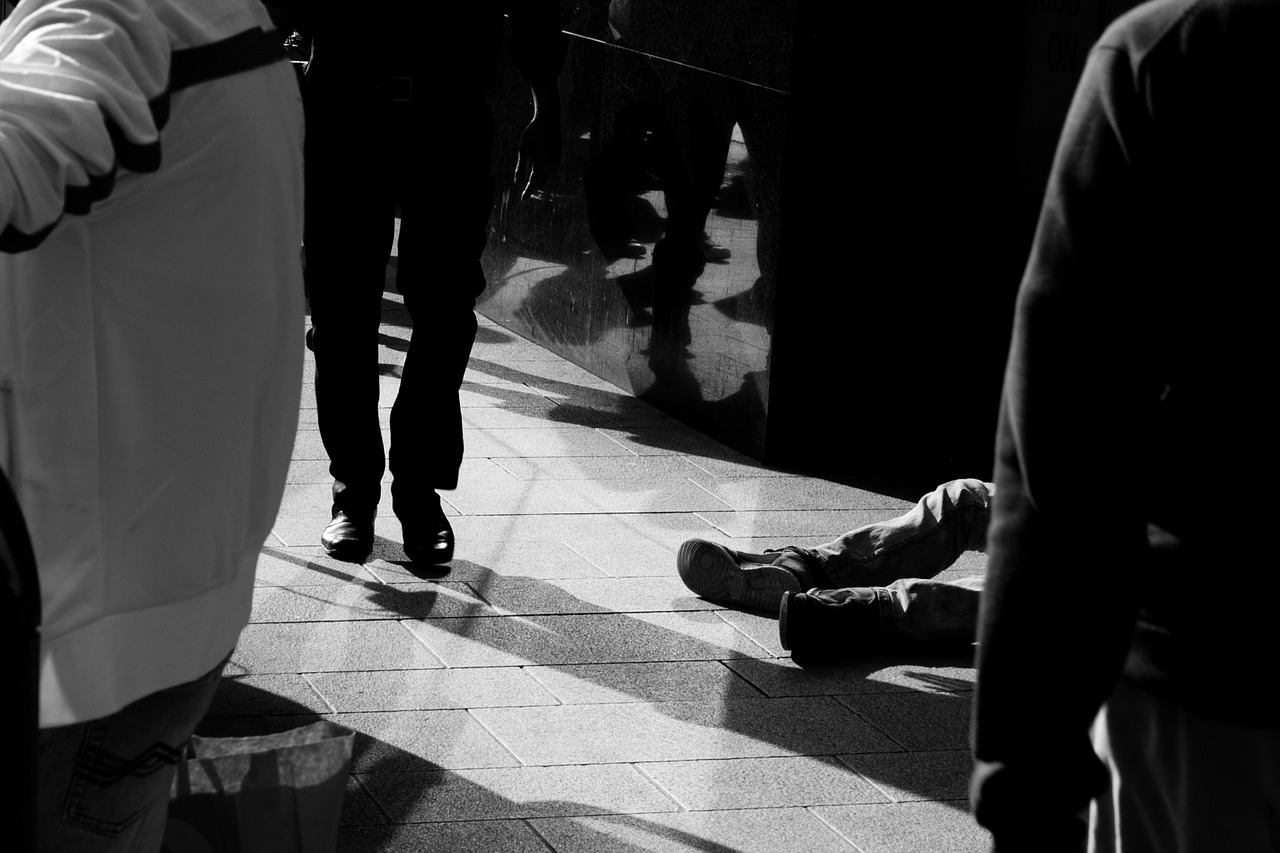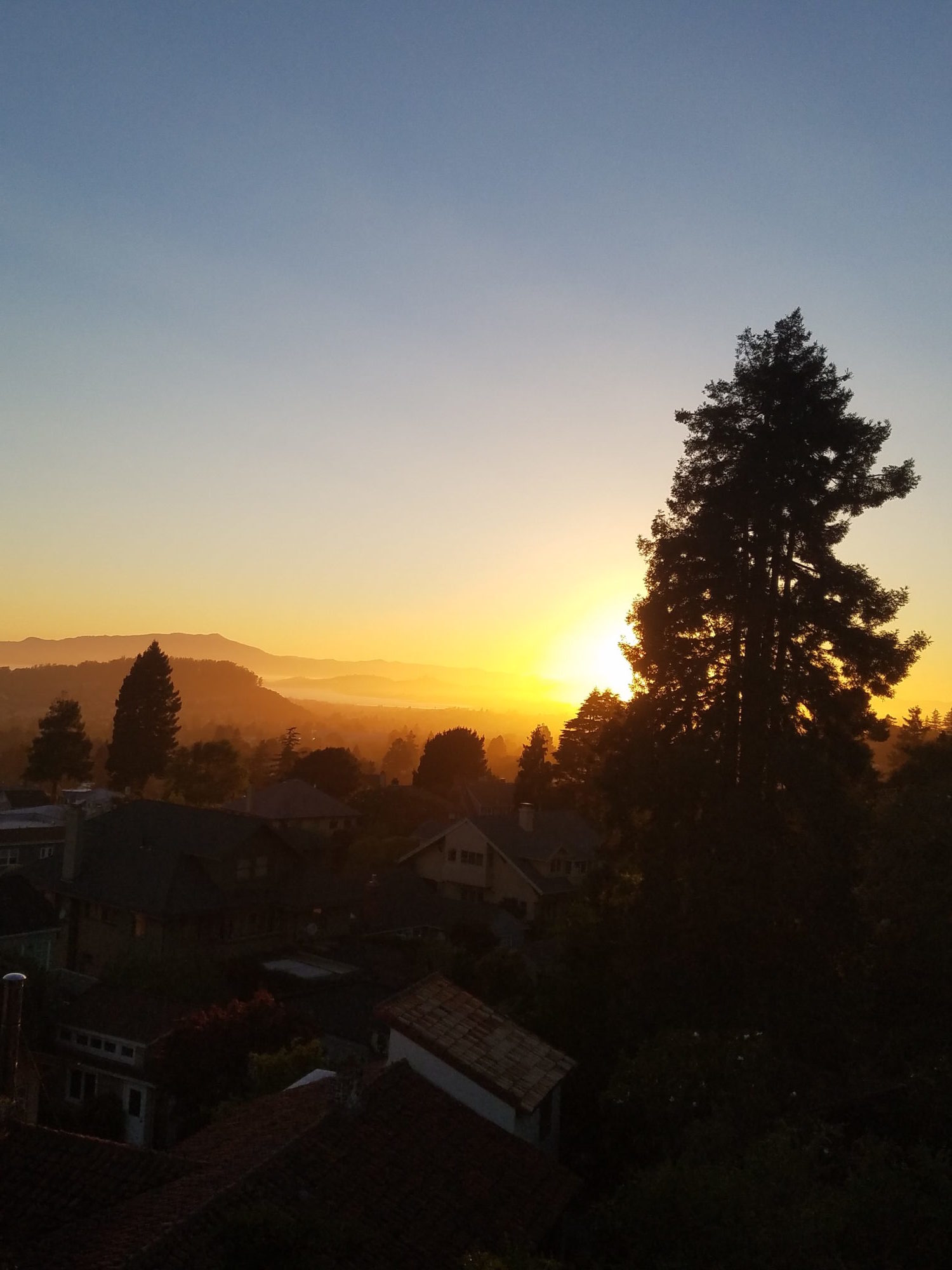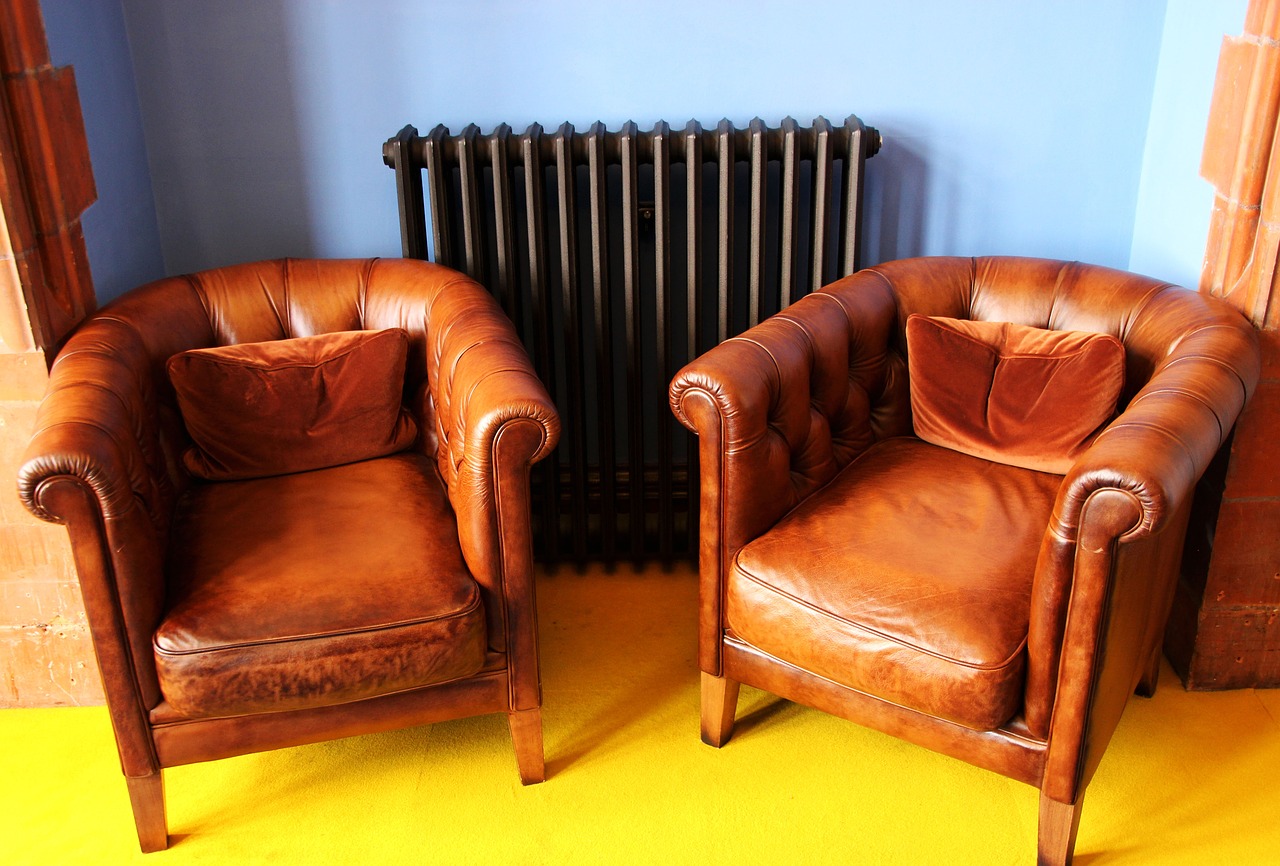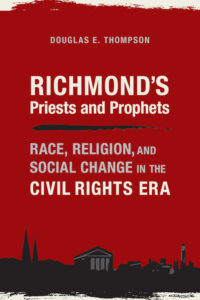A large part of my experience here has been to witness. At Magdalene, witnessing often means listening to stories. Whether I hear them in the small group meeting I co-lead, in one-on-one interactions, or as I interview potential residents over the phone, my job is to listen carefully to the stories that are told. At this halfway point in my summer, I’ve been reflecting on the personal stories I’ve had the privilege to hear. In my experience as a student, theologians and theorists of all kinds often analyze the importance of narratives, but I’m grateful that my time at Magdalene has shaped my understanding of the role of narrative for individuals in recovery. That the Magdalene program is a two-year residential program with women living and working together in community means that each resident is at a vastly different point in her recovery–in her story–than the next. The nature of the program has given me the opportunity to see how stories change–in how they are understood and how they are shared with others–throughout the recovery process.
 One of my main duties as an intern at Magdalene is answering the phone to take messages, tell prospective women or social workers about the program, and to complete entrance request applications that put a prospective resident on our waiting list. These applications require me to ask very personal questions regarding the particular woman’s history. While I’m constantly struck by their honesty and willingness to share in order to seek help in our program, I can imagine that talking to me, a stranger, over the phone about mental illness, addiction, and prostitution is not an easy thing to do. Having daily conversations with women seeking entrance into the program alongside daily interactions with women currently in the program adds an entirely new dimension to my reflection on personal narrative and healing.
One of my main duties as an intern at Magdalene is answering the phone to take messages, tell prospective women or social workers about the program, and to complete entrance request applications that put a prospective resident on our waiting list. These applications require me to ask very personal questions regarding the particular woman’s history. While I’m constantly struck by their honesty and willingness to share in order to seek help in our program, I can imagine that talking to me, a stranger, over the phone about mental illness, addiction, and prostitution is not an easy thing to do. Having daily conversations with women seeking entrance into the program alongside daily interactions with women currently in the program adds an entirely new dimension to my reflection on personal narrative and healing.
These stories can be painful. I listen to these women describe their current and past situations, record their responses, and know that this is merely a beginning step in their Magdalene journey. As Maureen H. O’Connell writes in her essay on Dorothy Day, “She refused to shield herself from the ugliness of poverty precisely because of the sharp contrasts it brought into focus for her: the inherent dignity of persons assaulted by these conditions and the God to be encountered and loved in those people” (She Who Imagines: Feminist Theological Aesthetics, 174). It would be fairly difficult to shield myself from suffering and “ugliness,” to use O’Connell’s language. And focusing on such harshness is perhaps not the most productive thing to do in the context of Magdalene. But on a fundamental level, the program couldn’t function for these women if we didn’t pay attention to or document the “ugliness” of the things these women experienced prior to their entrance in the program.
These reflections brought me back to a moment from one of my earliest days at Magdalene. An individual at Thistle Farms, the social enterprise side of the Thistle Farms Magdalene organization, had approached Sara, the program director at Magdalene about wanting to interview some of the more senior residents. I listened to Sara explain to two of the women who have been here the longest about the nature of the interview. She made it exceptionally clear that they would not be asked to tell their story, but to speak on their personal growth since entering the program. At the time I understood this to be an explicit expression that these women would not be exploited for their stories, and I think this was an incredibly important point to establish. But this distinction between the recitation of a history–like that of answering entrance request application questions–and the personal growth since then seems to be an important one.
I fully believe that the stories of our lives and the stories we encounter play a fundamental role in shaping us. In Serene Jones’ discussion of endings, she writes, “What God performs in the silence before creation is the subject of the gospel. It is a gesture toward redemption and restoration that renders the Creator vulnerable to the contingencies and chaos of the unfolding human story” (Trauma and Grace, 96). Perhaps these narratives of growth and development are something of a gesture as well. In terms of the nature of stories and memories, perhaps these later understandings of growth can’t be captured in descriptions of past events. In speaking to prospective women on the phone and spending time with the current residents–those who’ve been here two days and those who’ve been here twenty-one months– I sense a shift in how stories are understood and told. That the women who were to be interviewed at Thistle Farms agreed to do so with the knowledge that they could answer without fear of exploitation demonstrates a powerful gesture of ownership. The women move from responsively telling their story as fact to be documented and assessed to sharing narratives of growth and development. These stories gesture to redemption, recovery, and the formation of future narratives upon graduation from the Magdalene program.

 I don’t know what your experience with homelessness is. Perhaps you are homeless. Perhaps you’ve never had a conversation with someone who has experienced homelessness. So rather than assume your answer to this question, I’ll tell you mine.
I don’t know what your experience with homelessness is. Perhaps you are homeless. Perhaps you’ve never had a conversation with someone who has experienced homelessness. So rather than assume your answer to this question, I’ll tell you mine. On Wednesday afternoon, the other Fellows and I went to Studio Am – The Jewish Studio Project where we spent a few hours with Rabbi Adina Allen talking about the intersections of Jewish spirituality, art-making, and justice work. In her introduction to the day’s activities, Rabbi Allen drew our attention to the fact that God’s first act in the Bible was one of creativity—in fact, it was the titanic creative act of producing the universe. The God of the Hebrew Bible is primarily a creative deity. Perhaps it makes sense, then, that in my experience, many of the moments where I’ve felt the most “transcendent,” when I’ve felt a certain power flowing through me, a connection to something higher and outside of myself, have been when I’ve lost myself completely in a piece of writing. It’s those long hours that pass like minutes, when the moon’s high up in the sky and I seem to know exactly where I should be going next in a piece without having to step back and think about it. When the story writes itself. It’s in those moments when I feel the least myself, the least rooted in the world around me, but the most awake and energized, the most connected to the deepest place within me, the place that is so easily blocked out by things like ego and daily life. Even before I started to become comfortable again with the idea of God, I’d say that in those moments I truly felt like I was tapping into something spiritual, something more meaningful than the limited physical world around me, and especially more meaningful than whatever words it was that I’d just put on the page. That’s the thing I’ve come to realize about writing: that, in writing, I am trying to capture and portray something that transcends materiality but am stuck with tools that themselves are only crude, false representations of the material world. It’s frustrating. It’s futile. So too is the search for God. I cherish both pursuits all the same.
On Wednesday afternoon, the other Fellows and I went to Studio Am – The Jewish Studio Project where we spent a few hours with Rabbi Adina Allen talking about the intersections of Jewish spirituality, art-making, and justice work. In her introduction to the day’s activities, Rabbi Allen drew our attention to the fact that God’s first act in the Bible was one of creativity—in fact, it was the titanic creative act of producing the universe. The God of the Hebrew Bible is primarily a creative deity. Perhaps it makes sense, then, that in my experience, many of the moments where I’ve felt the most “transcendent,” when I’ve felt a certain power flowing through me, a connection to something higher and outside of myself, have been when I’ve lost myself completely in a piece of writing. It’s those long hours that pass like minutes, when the moon’s high up in the sky and I seem to know exactly where I should be going next in a piece without having to step back and think about it. When the story writes itself. It’s in those moments when I feel the least myself, the least rooted in the world around me, but the most awake and energized, the most connected to the deepest place within me, the place that is so easily blocked out by things like ego and daily life. Even before I started to become comfortable again with the idea of God, I’d say that in those moments I truly felt like I was tapping into something spiritual, something more meaningful than the limited physical world around me, and especially more meaningful than whatever words it was that I’d just put on the page. That’s the thing I’ve come to realize about writing: that, in writing, I am trying to capture and portray something that transcends materiality but am stuck with tools that themselves are only crude, false representations of the material world. It’s frustrating. It’s futile. So too is the search for God. I cherish both pursuits all the same.
 In preparation for the session, Marlena and I had discussed the experience of feeling overwhelmed or emotionally chaotic. What do we do in our own lives to bring us back to where we are? When I’m feeling overwhelmed, I can lose my sense of presence in the moment and in the world around me. This loss of presence can be particularly acute for people like the women of Magdalene House who have suffered significant trauma. As Serene Jones writes in Trauma and Grace: Theology in a Ruptured World, people who have histories of trauma can “physically disconnect their minds from their experiences of embodiment,” a phenomenon clinically referred to as dissociation (16).
In preparation for the session, Marlena and I had discussed the experience of feeling overwhelmed or emotionally chaotic. What do we do in our own lives to bring us back to where we are? When I’m feeling overwhelmed, I can lose my sense of presence in the moment and in the world around me. This loss of presence can be particularly acute for people like the women of Magdalene House who have suffered significant trauma. As Serene Jones writes in Trauma and Grace: Theology in a Ruptured World, people who have histories of trauma can “physically disconnect their minds from their experiences of embodiment,” a phenomenon clinically referred to as dissociation (16). Race, Religion, and Social Change in the Civil Rights Era
Race, Religion, and Social Change in the Civil Rights Era Yesterday, we talked for a while, and it was one of the most humbling experiences I’ve ever had. She expressed her envy that I was a student—she had to drop out of college because of some family financial crises. She hates writing but loves math. She’s smart. She’s fearful that she might be going crazy—that this homeless lifestyle, this constant struggle, this constant instability and struggle might become permanent. Yesterday, she untangled the pesky knots that the dryer puts in the aprons when we wash them. No one had asked her to. No one knew she was doing it. As I watched her, I realized that she would make a much, much better intern than I will ever be.
Yesterday, we talked for a while, and it was one of the most humbling experiences I’ve ever had. She expressed her envy that I was a student—she had to drop out of college because of some family financial crises. She hates writing but loves math. She’s smart. She’s fearful that she might be going crazy—that this homeless lifestyle, this constant struggle, this constant instability and struggle might become permanent. Yesterday, she untangled the pesky knots that the dryer puts in the aprons when we wash them. No one had asked her to. No one knew she was doing it. As I watched her, I realized that she would make a much, much better intern than I will ever be.